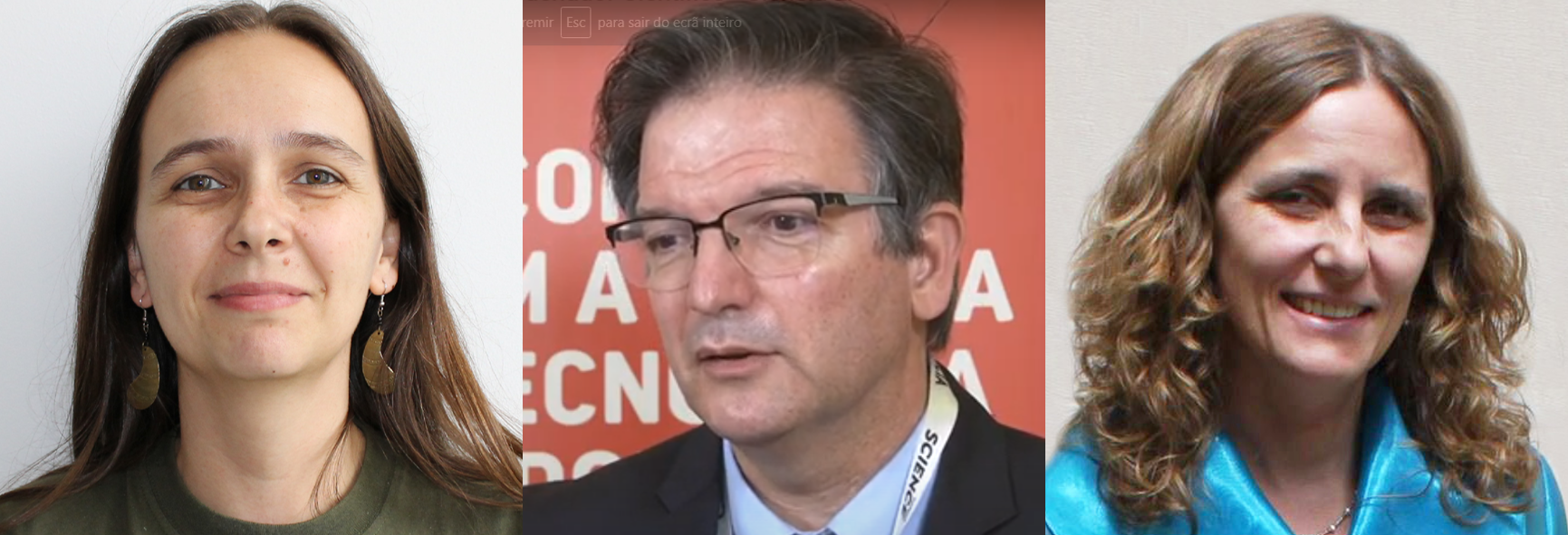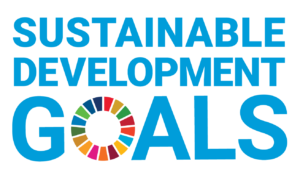GHTH-IHMT-NOVA scientists, Carla Maia , Miguel Viveiros and Anne-Mieke Vandamme were included in the latest update to the ranking of the world’s most cited scientists, made available by Elsevier BV last month.
The ranking system, identified as the «World’s Top 2% Scientists list», is the result of a study coordinated by John Ioannidis, a professor at Stanford University, Jeroen Baas (Elsevier), Richard Klavans and Kevin W. Boyack from SciTech Strategies.
The group classified scientists into 22 scientific fields, 1 unassigned field and 176 subfields. Then, considered the total number of authors in Scopus – Elsevier’s expertly curated abstract & citation database – who have published at least five papers, breaking these down by their most common scientific area of publication, e.g. more than 6 million scientists from 149 countries.
Having that wide range work base, they created publicly available databases with around the top 3% most-cited scientists across all scientific fields, based on their ranking of a composite indicator that considers six citation metrics: total citations; Hirsch h-index; co-authorship-adjusted Schreiber hm-index; number of citations to papers as single author; number of citations to papers as single or first author; and number of citations to papers as single, first, or last author.
The third version of the study based on a 1st Aug, 2021 snapshot from Scopus and updated to citation year 2020, resulted in two lists based on distinct categories:
career-long impact and single-year impact.
Portugal accounts for more than 700 researchers, with a few tens from NOVA, being the aforementioned three from GHTM R&D:
- from the single year (2020) table, Profs. Miguel Viveiros and Carla Maia that, besides being at the top 3% overall, sit among the top 2% in, respectively, Microbiology and Mycology & Parasitology;
- from the career long table (citations from 1996–2017), Prof. Anne-Mieke Vandamme that besides being at the top 2% overall, rests among the top 1% in Virology.
The important presence of GHTM’s researchers, besides those from other NOVA units, on those lists, reinforces NOVA’s position as a research-oriented University, to which GHTM-IHMT gives a fundamental contribution.


[…] national or international. Some have been awarded nationally and internationally or achieve the top rankings in […]